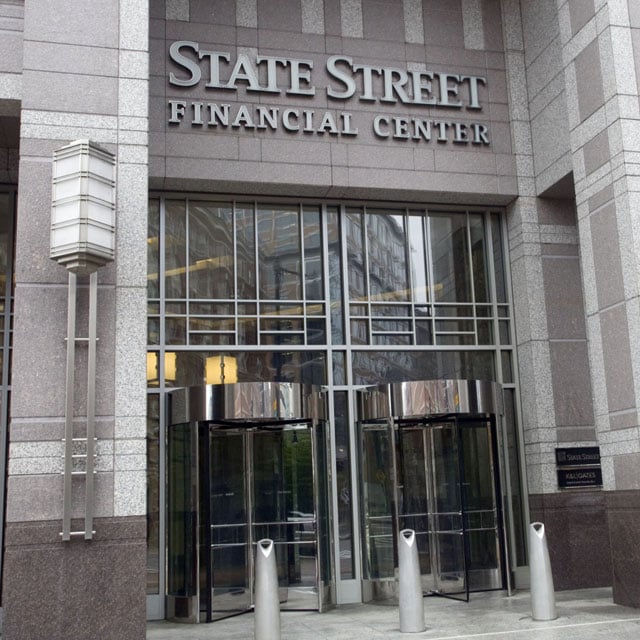Race for Private-Credit ETFs to Face SEC Scrutiny

The disclosures, she said, don’t indicate whether that treatment applies to all or only a portion of the assets held in the fund.
SEC staff typically ask issuers for additional disclosures on their products. But for the private-credit ETFs, the agency may push for more details on how the firms will navigate conflicts of interest and how they select the underlying private credit assets.
Many of those assets will be comprised of collateralized-loan obligations, a $1.3 trillion market that repackages leveraged loans into securities of varying risk and size.
The agency will home in on whether any conflicts can be addressed through simple disclosures, or if they need to be resolved, said Val Dahiya, a partner at the law firm Morrison Foerster and a former branch chief in the SEC’s Division of Trading and Markets. If they can’t be addressed, the agency is more likely to deny the proposals, she said.
Apollo plans to source some of the private credit assets wrapped into an ETF, provide valuations for those assets and offer intraday trading liquidity for those assets, according to the SEC filing.
The money manager has pledged to purchase a certain amount of the asset-backed and corporate finance investments held by the ETF, up to a daily limit, at prices that it sets.
State Street will serve as the investment adviser for the fund.
CLO Market
The BondBloxx and Virtus private-credit ETFs would include a significant amount of collateralized loan obligations in their investment mixes. In BondBloxx’s fund, CLOs could represent up to 80% of net assets.
The firm’s filing didn’t specify the debt ratings of the CLO assets. Virtus said it would keep at least 80% of its portfolio in AAA-rated CLOs “under normal market conditions.”
“The idea that CLO ETFs will be able to convert their assets into cash to service redemptions — it’s difficult to see how that would really work in a distressed environment,” said Christopher Jackson, a partner at the law firm A&O Shearman in New York who specializes in private credit issuance.
The filings acknowledged the issue. Virtus wrote that the fund’s “ability to acquire or dispose of CLOs at a price and time the fund deems advantageous may be impaired” during periods of limited liquidity or higher price volatility.
The new frontier of ETFs follows decades of expansion by the private credit market.
SEC Chair Gary Gensler said last week that private credit benefits capital markets and investors by encouraging greater competition in lending, but he also highlighted possible risks in its intersection with the insurance and banking sectors.
“Though private credit has existed in some form for years, given its size has increased significantly, how will it weather times of stress at today’s or greater magnitude?” he asked during the Bloomberg Global Regulatory Forum.
Apollo Chief Executive Officer Marc Rowan recently said he anticipates that the firm’s ETF plan will further blur the lines between retail and institutional markets. “Once that happens, what’s the difference between public and private?”
(Credit: Bloomberg)




